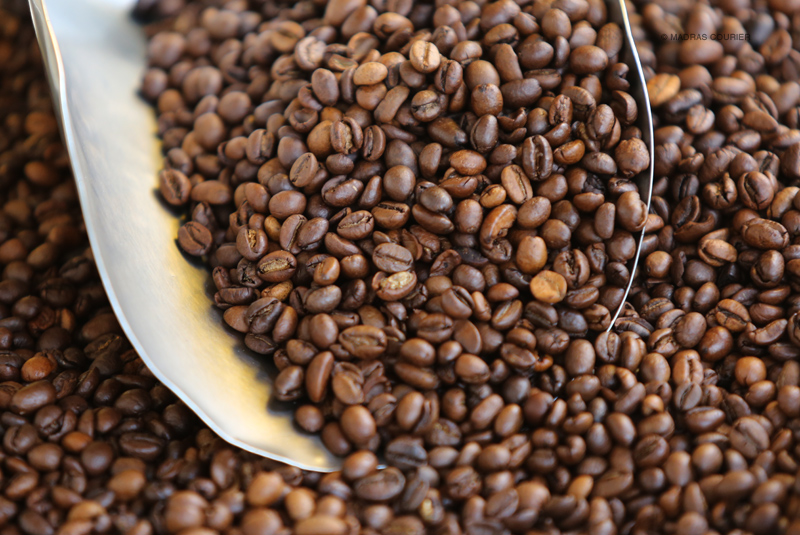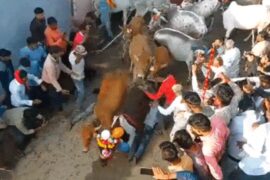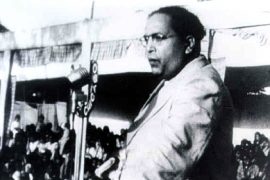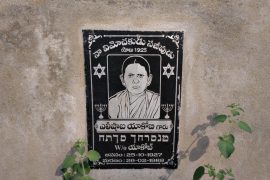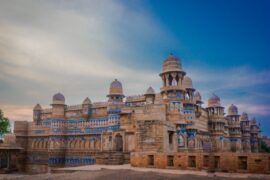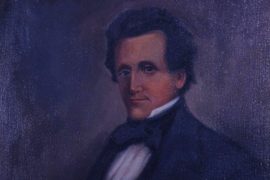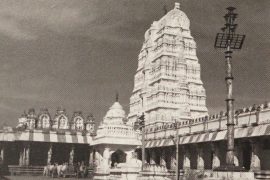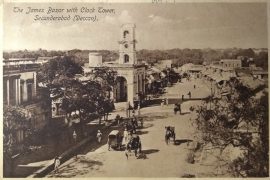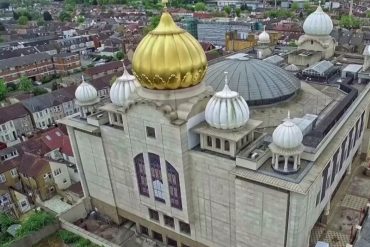The saga of coffee in India began with an act of defiance. In the seventeenth century, a Sufi saint from India went on a pilgrimage to Mecca. Coffee, discovered in Ethiopia a century (or more) ago, was being kept as an Arab monopoly. It was exported only in roasted form; the seeds were kept within the country.
But the saint, Baba Budan, circumvented the checkers. He returned by Mocha, Yemen, with seven seeds strapped to his chest under his clothes. Being a pilgrim, he was spared an overt examination. Probably smiling, he made the long trip back to India, where he is said to have planted the first coffee seeds in Chikmagalur, in the year 1670 A.D.
The legend of Baba Budan is well circulated, but is not the first time coffee reached India. In Hazel Colaco’s book ‘A Cache of Coffee’, we can see how it emerged first along the Malabar coast courtesy the Arab traders. And a quote by Edward Terry in the court of Jahangir, 1616 A.D demonstrates its presence even in Mughal India:
Many of the people there (in Mughal India) who are strict in their religion drink no wine at all, but they use a liquor more wholesome than and pleasant, they call coffee… it is very good to help in digestion, to quicken spirits and to cleanse the blood.
Copyright©Madras Courier, All Rights Reserved. You may share using our article tools. Please don't cut articles from madrascourier.com and redistribute by email, post to the web, mobile phone or social media.Please send in your feed back and comments to [email protected]

